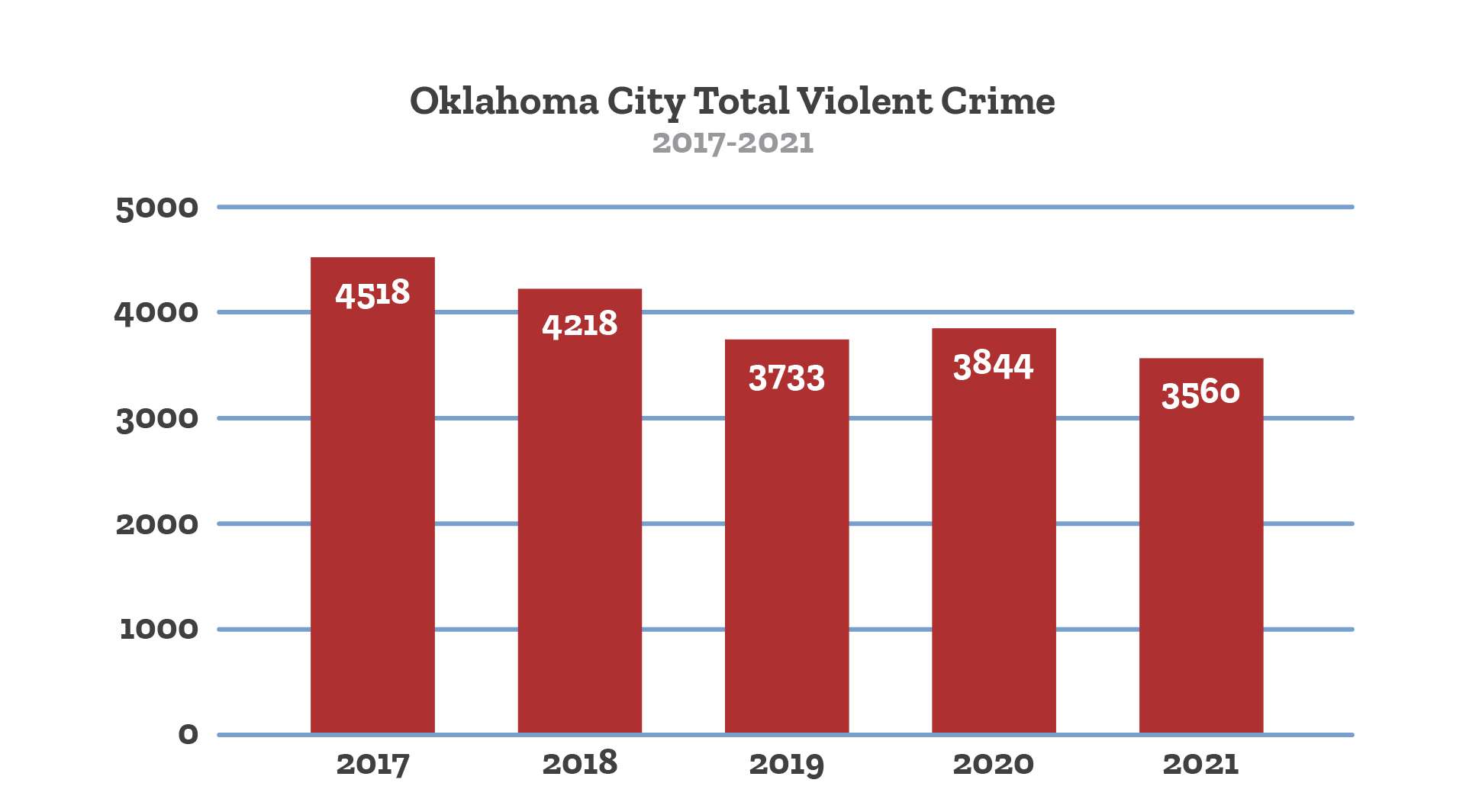Living off the grid in Oklahoma may sound tempting due to the state’s low property taxes, affordable land prices, and ample sunlight for solar energy. However, before you pack your bags and head for the countryside, it’s important to consider some key factors. Oklahoma’s high crime rates, poor education, and healthcare systems may be cause for concern. You also need to take into account the state’s varied climate, ranging from humid subtropical in the east to semi-arid in the west. Additionally, natural disasters like tornadoes, ice storms, and floods pose potential risks. Engaging with the off-grid community in Oklahoma can provide valuable knowledge and support, helping you navigate local regulations, building codes, and permits. From the best methods of rainwater harvesting to the most suitable crops to grow, connecting with fellow off-grid enthusiasts can make your experience in Oklahoma a successful one.
Crime Rates
Overview of crime rates in Oklahoma
Living off the grid in Oklahoma offers the appeal of tranquility and self-sufficiency, but it is important to consider safety as well. Oklahoma has a population of around 3.94 million people and its crime rate is slightly above the national average. Understanding the crime rates in different areas of the state can help you make informed decisions about where to live off the grid.
Highest crime rates in Tulsa, Ada, and Broken Bow
When it comes to crime rates, certain cities in Oklahoma stand out. Tulsa, the second-largest city in the state, has a higher crime rate compared to other areas. It is important to be aware of this when considering off-grid living in Tulsa. Similarly, Ada and Broken Bow have been noted for their higher crime rates. These areas may require additional security measures and precautions if you choose to live off the grid there.
Education
Quality of education in Oklahoma
Education is a crucial aspect of society, and when it comes to off-grid living, it is important to consider the quality of education in Oklahoma. Unfortunately, Oklahoma’s education system has faced challenges and is often ranked lower compared to other states. This can be attributed to factors such as lower teacher salaries and funding issues. If you have children or plan to have them while living off the grid in Oklahoma, you may need to explore alternative education options.
Challenges of off-grid education
Living off the grid often means being disconnected from traditional infrastructure, including schools. This can present challenges when it comes to providing a comprehensive education for your children. Access to quality educational resources, such as textbooks and educational technology, may be limited. Additionally, finding qualified teachers who are willing to provide off-grid education can be challenging.
Alternative education options for off-grid living
While facing challenges, there are alternative education options that can be explored for off-grid living in Oklahoma. Homeschooling is a popular choice for many families living off the grid, allowing parents to shape their children’s education according to their unique needs and interests. Additionally, online learning platforms and resources can supplement traditional homeschooling, offering a wide range of subjects and interactive learning experiences. By utilizing these alternative education options, you can ensure your children receive a well-rounded education.
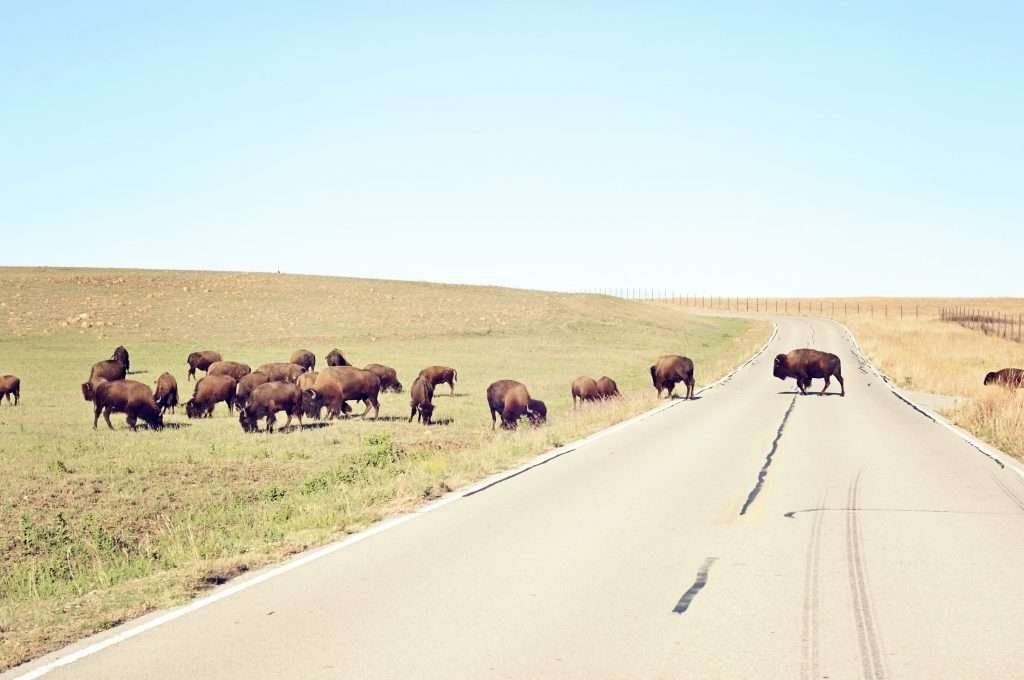
Healthcare
Availability and accessibility of healthcare in Oklahoma
When considering off-grid living, it is crucial to examine the availability and accessibility of healthcare in Oklahoma. Oklahoma’s healthcare system faces challenges, including insufficient healthcare resources and a shortage of healthcare professionals, particularly in rural areas. This can impact the quality and timely access to healthcare services.
Cost of healthcare in Oklahoma
Healthcare costs can be a significant concern, especially for those living off the grid who may not have access to traditional healthcare insurance plans. In Oklahoma, the cost of healthcare is higher compared to the national average. It is important to factor in these costs when planning for off-grid living, ensuring that you have sufficient resources to cover medical expenses.
Challenges of off-grid healthcare
Off-grid living often entails being self-reliant and finding alternative healthcare solutions. Lack of access to healthcare facilities and specialists can pose challenges in emergencies or when specialized medical care is required. When living off the grid, it is essential to be equipped with basic first aid knowledge, have access to medical supplies, and establish communication with healthcare providers who understand and support off-grid living.
Alternative healthcare options for off-grid living
Despite the challenges, there are alternative healthcare options for off-grid living in Oklahoma. Telemedicine, which involves remote consultations with healthcare professionals via phone or video calls, can be a valuable resource for accessing medical advice and treatment options. Additionally, practicing preventative healthcare measures, such as maintaining a healthy lifestyle and learning basic medical skills, can help mitigate the risk of emergencies and reduce the reliance on traditional healthcare systems.
Property Taxes and Cost of Living
Low property taxes in Oklahoma
One of the advantages of off-grid living in Oklahoma is the low property taxes. The property tax rate in Oklahoma is 0.90%, which is lower than the national average of 1.08%. This can be appealing for individuals or families looking to live off the grid, as it can significantly reduce the financial burden of property ownership.
Comparison of cost of living in Oklahoma to national average
Aside from low property taxes, Oklahoma offers a cost of living that is 17% lower than the national average. This can be attributed to factors such as affordable housing, lower utility costs, and lower transportation expenses. Living off the grid often involves being self-sufficient, which can further reduce living costs in terms of energy and food production.
Affordability of off-grid living in Oklahoma
Considering the low property taxes and lower cost of living in Oklahoma, off-grid living can be more financially feasible compared to other states. Land prices in Oklahoma are among the cheapest in the country, around 45% lower than the national average. This affordability can make it easier for individuals or families to purchase land and establish their off-grid homes. However, it is important to factor in the cost of alternative energy systems and sustainable infrastructure when planning for off-grid living.
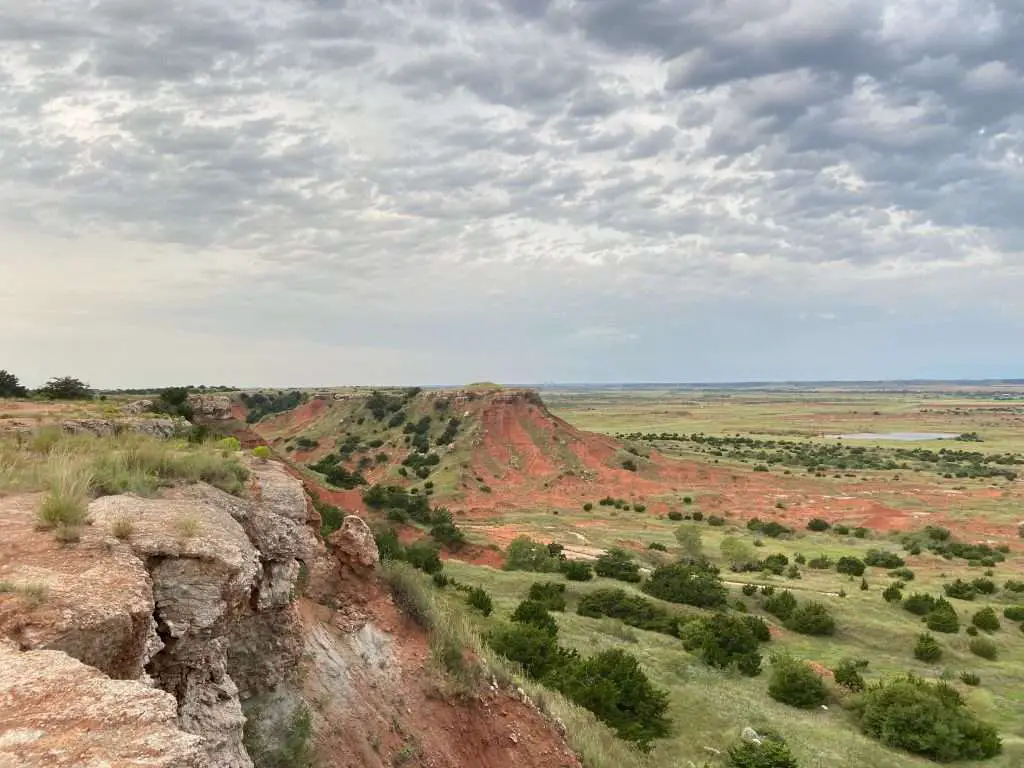
Rainwater Harvesting
Importance of rainwater harvesting for off-grid living in Oklahoma
Water is an essential resource for off-grid living, and in Oklahoma, rainwater harvesting can play a crucial role in sustainable water management. Rainwater harvesting involves collecting and storing rainwater runoff for various uses, such as irrigation, household needs, and livestock watering. For individuals or families living off the grid, rainwater harvesting reduces reliance on external water sources and provides a renewable and natural water supply.
Methods and regulations for rainwater harvesting in Oklahoma
Oklahoma has regulations and guidelines in place for rainwater harvesting to ensure its safe and effective implementation. These regulations include restrictions on the size of rainwater collection tanks and requirements for proper filtration and disinfection systems to maintain water quality. It is important to familiarize yourself with these regulations and ensure compliance when implementing rainwater harvesting systems for off-grid living.
Climate
Overview of Oklahoma’s humid subtropical and semi-arid climates
Oklahoma experiences a combination of climates, including a humid subtropical climate in the eastern part of the state and a semi-arid climate in the western regions. The humid subtropical climate is characterized by hot summers, mild winters, and ample rainfall, while the semi-arid climate is marked by hot summers, cooler winters, and low precipitation. These distinct climates have implications for off-grid living, particularly in terms of water management and energy generation.
Implications for off-grid living in terms of water management and energy generation
The varied climates in Oklahoma pose different challenges and opportunities for off-grid living. In areas with a humid subtropical climate, abundant rainfall provides opportunities for rainwater harvesting and ample water resources. However, managing excess water and preventing floods may require additional measures. In regions with a semi-arid climate, water scarcity can be a concern, necessitating conservation strategies and reliance on alternative water sources like wells or underground aquifers. Additionally, the ample sunlight in Oklahoma makes it an ideal location for solar energy generation, providing off-grid households with a sustainable and reliable source of electricity.
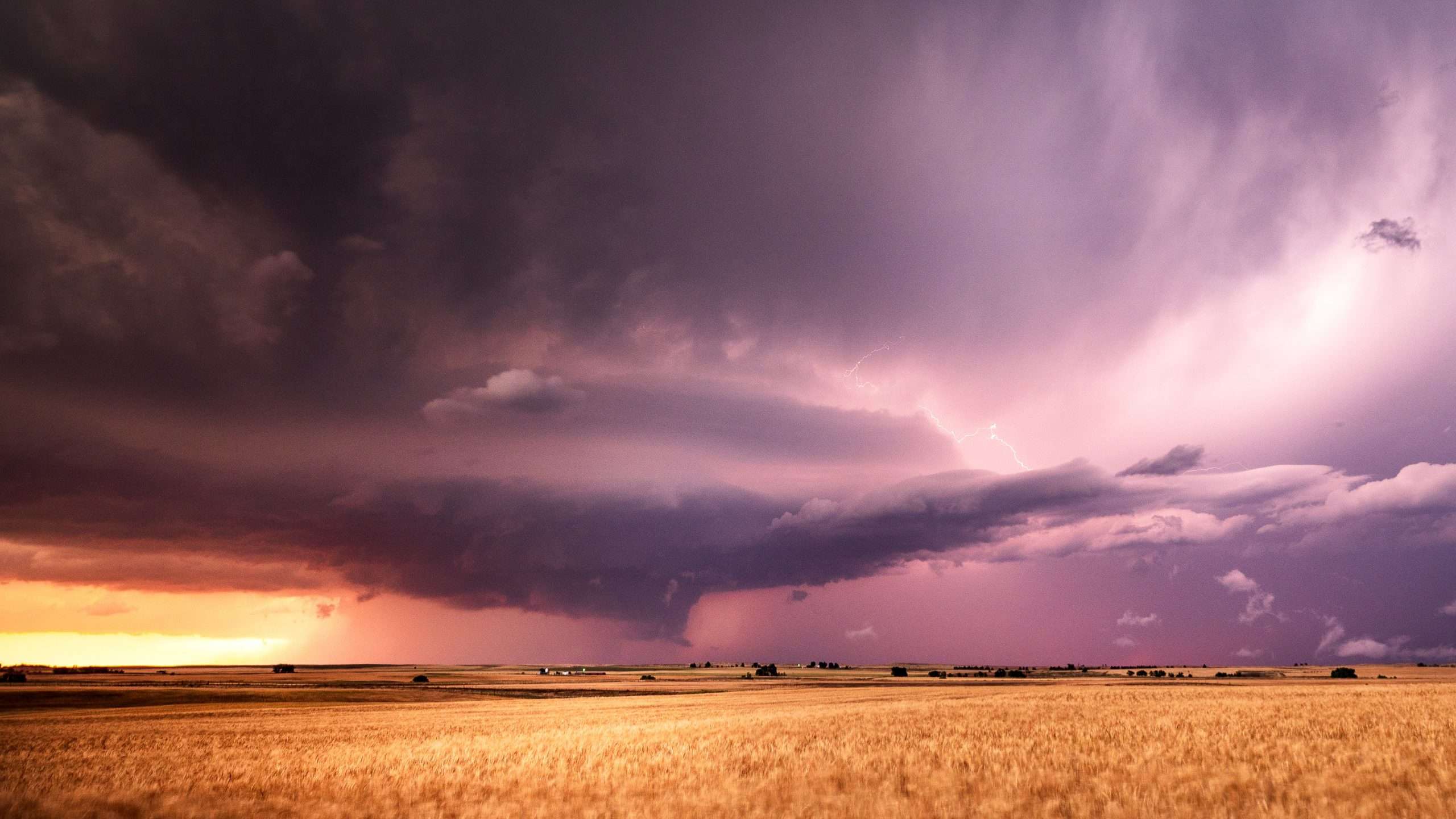
Agriculture
Common crops grown in Oklahoma
Agriculture plays a significant role in Oklahoma, and understanding the common crops grown in the state is essential for off-grid living. Common crops in Oklahoma include soybeans, wheat, hay, cotton, corn, and peanuts. These crops can be cultivated for personal consumption, trading with neighboring farmers, or generating income through local markets.
Challenges and benefits of off-grid agriculture in Oklahoma
Off-grid agriculture in Oklahoma presents unique challenges and benefits. The challenges include limited access to resources such as fertilizers, machinery, and irrigation systems, as well as potential pest management issues. However, off-grid agriculture also offers benefits such as organic and sustainable farming practices, control over food production and quality, and the ability to grow unique crops that may not be readily available in local markets. With proper planning, off-grid agriculture can contribute to self-sufficiency and food security for off-grid households in Oklahoma.
Freshwater Availability
Variation in freshwater availability across different regions of Oklahoma
Freshwater availability varies across different regions of Oklahoma, primarily due to variations in rainfall patterns. The western part of the state generally experiences lower rainfall and has a more limited freshwater supply compared to the eastern regions. For off-grid living, it is crucial to consider the availability and sustainability of freshwater sources in the desired location.
Water conservation strategies for off-grid living
Conserving water is a crucial aspect of off-grid living, particularly in areas with limited freshwater availability. Implementing water conservation strategies can help ensure the long-term sustainability of off-grid living in Oklahoma. These strategies may include installing low-flow fixtures, practicing efficient irrigation techniques, reusing greywater for non-potable purposes, and exploring alternative water sources such as wells or rainwater harvesting.
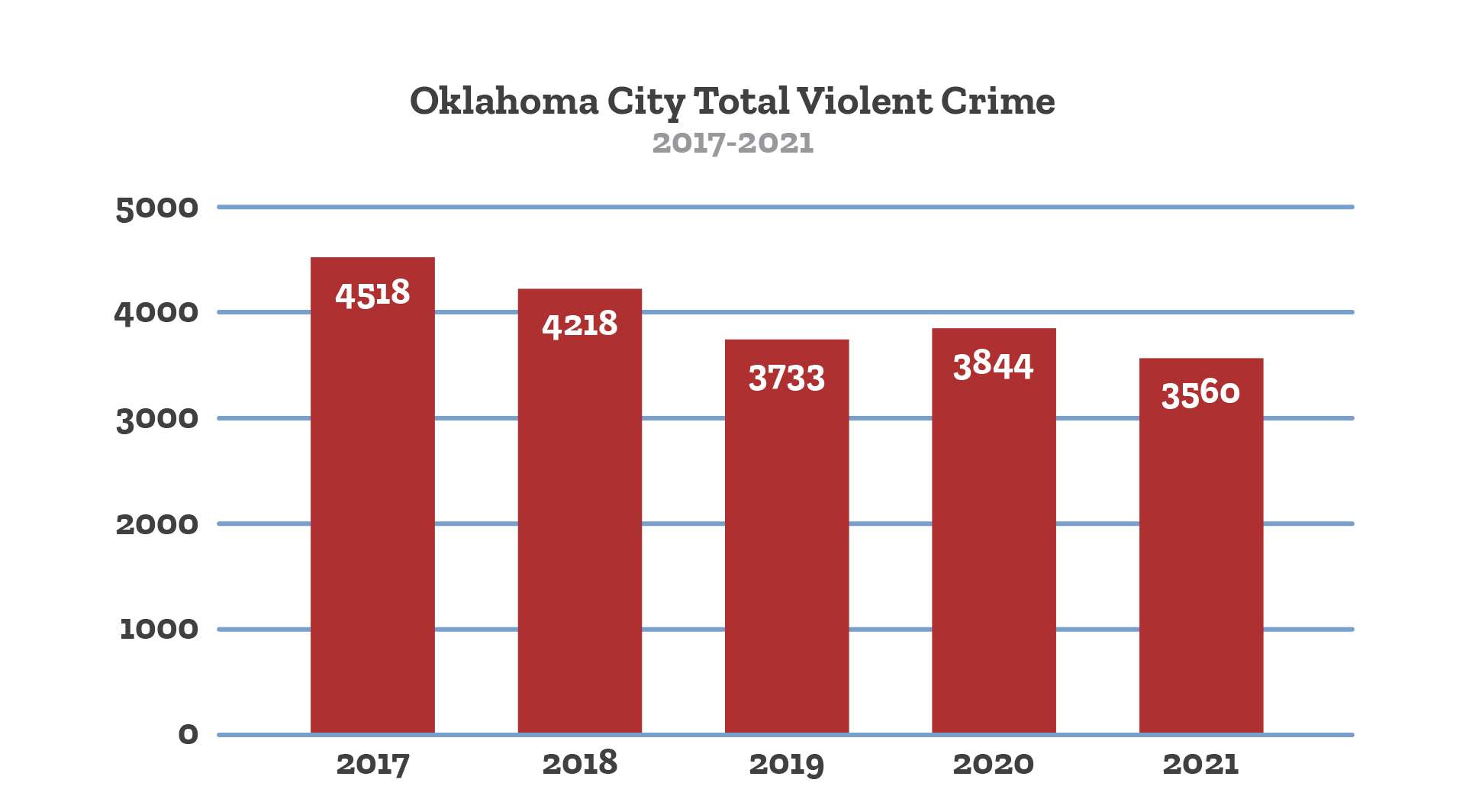
Wildlife
Common wildlife species in Oklahoma
Oklahoma is home to a diverse range of wildlife, which can both enhance and pose challenges to off-grid living. Common wildlife species in Oklahoma include raccoons, coyotes, beavers, and various fish species. These wildlife interactions can provide opportunities for hunting, fishing, and observing nature, but they can also present challenges such as protecting crops and livestock or ensuring personal safety.
Benefits and challenges of wildlife interaction for off-grid living
Interacting with wildlife can provide numerous benefits for off-grid living in Oklahoma. Hunting and fishing can supplement food sources, while observing and coexisting with wildlife can enhance the off-grid experience. However, challenges may arise in protecting crops and livestock from wildlife and mitigating potential conflicts. Implementing effective wildlife management and deterrent strategies, such as fencing or companion planting, can help overcome these challenges and foster a symbiotic relationship with the natural environment.
Engaging with the Off-Grid Community
Importance of community support for off-grid living in Oklahoma
Living off the grid in Oklahoma can sometimes be an isolated endeavor, making it important to seek and engage with the off-grid community. Building connections and receiving support from like-minded individuals can provide valuable knowledge, resources, and a sense of community. Engaging with the off-grid community can also offer opportunities for networking, collaboration, and shared experiences.
Connecting with fellow off-gridders in Oklahoma
Connecting with fellow off-gridders in Oklahoma can be achieved in various ways. Online platforms, social media groups, and forums can connect you with individuals and groups who share similar lifestyles or interests in off-grid living. Attending local events, workshops, or seminars focused on sustainability, homesteading, or off-grid practices can also provide opportunities for networking and learning from others’ experiences. By actively seeking out and engaging with the off-grid community in Oklahoma, you can enhance your off-grid journey and find a supportive network of individuals who understand and share your lifestyle choices.

